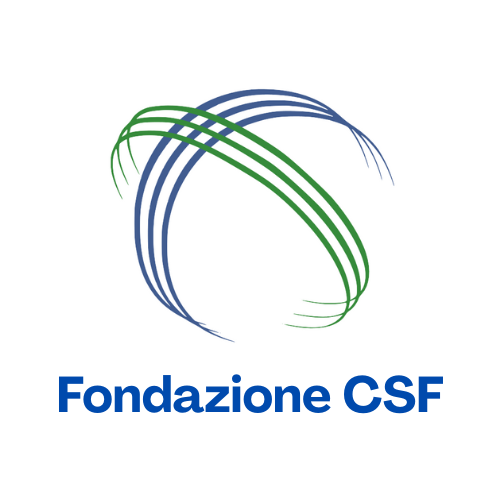Security has returned to the top of the European agenda since the launch of the EU Global Strategy in 2016, followed by those of the European Defence Fund and Permanent Structured Cooperation (PESCO). The positions of the Obama and Trump administrations on NATO and the priority of the US to deal with China have forced the Europeans to take the issue of defending the continent into their own hands. Subsequently, the manner of the withdrawal from Afghanistan and the AUKUS (Australia-United Kingdom-United States) partnership in the Pacific have strengthened the debate on “European strategic autonomy”. Putin’s Russia’s war against Ukraine has aggravated the situation, but has once again raised the issue of the relationship between European defence and NATO. Meanwhile, European governments have approved the EU’s “Strategic Compass” and NATO has launched its new “strategic concept”. This dialectic also highlights the main areas of activity of the CSF in 2023 in terms of security and defence.
• What European Defence?
The adoption of the Strategic Compass has provided the EU with a shared, coherent medium-term strategy in response to old and new (hybrid) threats. For the EU, the creation of a Rapid Deployment Capacity is envisaged in line with that “federal core” of defence proposed by the CSF based on the “dual army” experience of the US. In 2023, the CSF will explore the possibility of accelerating this process, linking it to the inclusion of the EUROCORPS (of which Italy is not yet a member) in the European institutions. Key issues will also include how to finance the development of joint military capabilities in the EU, the creation of a unified European command, and the need for a unified approach to cybersecurity. The CSF will continue to support Turin’s role in European military training, based on the Application School of the Italian Army, with the University of Turin.
• NATO’s Role and Future
The fall of the Berlin Wall and the end of the Cold War saw the gradual disengagement of the US from Europe, accompanied by criticism (from the Obama Administration) of the free-riding of most European countries, which were far from the agreed spending targets for defence. This, too, has profoundly changed with renewed Russian aggressiveness, which has led to the enlargement of NATO to include historically neutral countries such as Finland and Sweden. This will bring several issues to the attention of the CSF (and Europeans) in 2023: how the aforementioned European defence core can be connected to NATO, how the strengthening of the European component in NATO can and must also lead to a rebalancing of decision-making responsibilities vis-à-vis the American ally, how this reconciles (or does not) with the possible expansion of NATO’s role to non-European arenas, starting with that of the Indo-Pacific.

 En
En  It
It 


